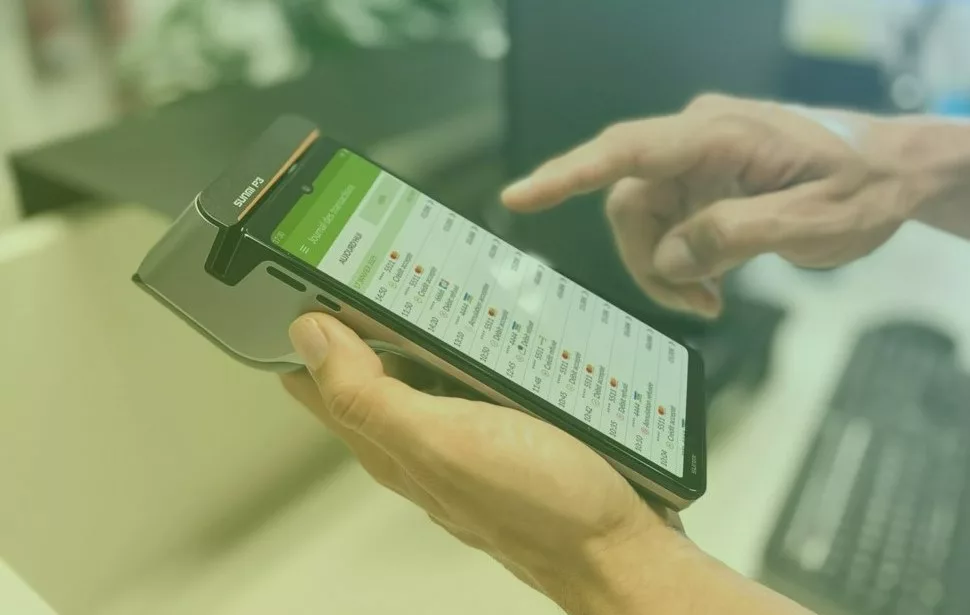One of the usual concerns for the owner of any business is finding a way to increase their sales. If you have a well-functioning physical shop, you may be thinking of making the leap into the digital world as well as expanding your clientele to new markets. Or perhaps you’re directly betting on starting up from the net and not depending on territorial restrictions.
In any case, whatever your motivation for setting up an eCommerce, if you want everything to work out and be a success for you, you’ll need to make sure it works perfectly. We refer to the payment methods. Your customers being able to pay for their purchases with minimal hassle, quickly and effectively is essential for them to be satisfied and, in the future, come back to you or recommend you to their friends and acquaintances.
For this reason, it is very convenient that you know what the main national trends are in this regard, so that your business is as efficient as possible. Today we are going to tell you how the sector is advancing in our country in recent times. Are you interested? Stay with us!
Optimised payment systems for ecommerce
Gone are the days when the only way to pay in a shop was to take out the same credit card you use on the street, copy its number and pass the thousand security barriers that banks have established. Technological progress has enabled the development of many other systems. Here are some of the ones that are beginning to be implemented in our country:
- Mobile payment apps. An important factor to keep in mind is that users are using their personal computers less and less to connect to the internet, and more to devices such as phones or tablets. It is therefore advisable that there are optimised payment methods for them. In the physical world, both Google Play and Apple Pay allow smartphones to be used as if they were bank cards, using NFC technology to provide extra security in transactions. Within the environment of ecommerces, gateways such as the Chinese Alipay or WeChat have emerged, which have optimised their operation to speed up the service.
- Payment by email or SMS. They are an ideal solution to enable payments to be made without having a website. The client is provided with the email address to which he has to send his money, so that he only has to transfer the corresponding amount there. In this way we work through platforms such as PayPal. In the case of text messages, the charge is made when the message is received in exchange for a specific service, which is a very efficient way of managing micropayments.
- Voice Recognition (IVR). The acronym IVR stands for “interactive voice response”. These are automated spoken systems that help the customer, often over the phone, and are able to recognise and understand what the interlocutor is saying, so that they adapt their response accordingly. Its use is common for the management of incidents of all kinds, but is increasingly being implemented in commerce, especially in ecommerce when it comes to providing personalised customer service or facilitating the payment process. It has the advantage that it avoids having to interact with a screen, but it is done by voice, which for many users is a more natural and close process.
- Invisible or seamless payments. The user pays without realising that he is paying, without the process causing any inconvenience or interfering at all with his experience. The seller charges the amount to a previously registered account, or it is credited automatically by means of contactless systems. There are a thousand possibilities that can be perfectly adapted to the needs of each business.
- Biometric technologies. Among the invisible payment methods, perhaps this one should be specifically highlighted because it is so appealing to clients: current developments allow systems to be applied that look like they are taken from sci-fi films. An example is what is known as “selfie pay”: the consumer’s face is recognised by the telephone’s camera and the payment is validated without the need to enter keys or passwords, making it quicker and more convenient.
- Cryptocurrencies. Virtual currencies are those that only exist on a digital level, not on a physical one. They are stored in wallets or virtual purses, have their own quotation to compare their value with the money you manage in your daily life and are optimised to make their use on the network fast, easy and secure thanks a technology called blockchain. You’ve probably heard of Bitcoin, the most famous of them, but there are many others, each with its own features and specifications. More and more ecommerces are starting to support payments with them.
Payment platforms, the ideal solution for any business
In the face of such a varied landscape, you may wonder which, or which ones, you might want to choose in your eCommerce. Perhaps the best solution is to implement a payment gateway, such as PayXpert. In this way, you can have the whole range of alternatives to adapt your business to the needs of your customers in a single integration and set your shop accordingly.
A payment gateway integrates different methods so that customers always have at their disposal the most appropriate way to pay for their goods according to the characteristics of the shop. It analyses the best options for each physical or eCommerce shop and, in addition, it brings together all the options chosen on the same, so that its management is much simpler and more efficient.
Including a payment gateway in your business can have a direct impact on your business performance. By making payment methods available to all consumers, you increase the chances that the purchase process will finally be completed without being abandoned halfway through. In addition, the user experience will be more satisfactory, thus encouraging them to repeat on subsequent occasions and recommend us to their contacts.
Do not hesitate to contact us to join the most popular payment trends in Spain and discover the optimal way to increase your business’ sales!




